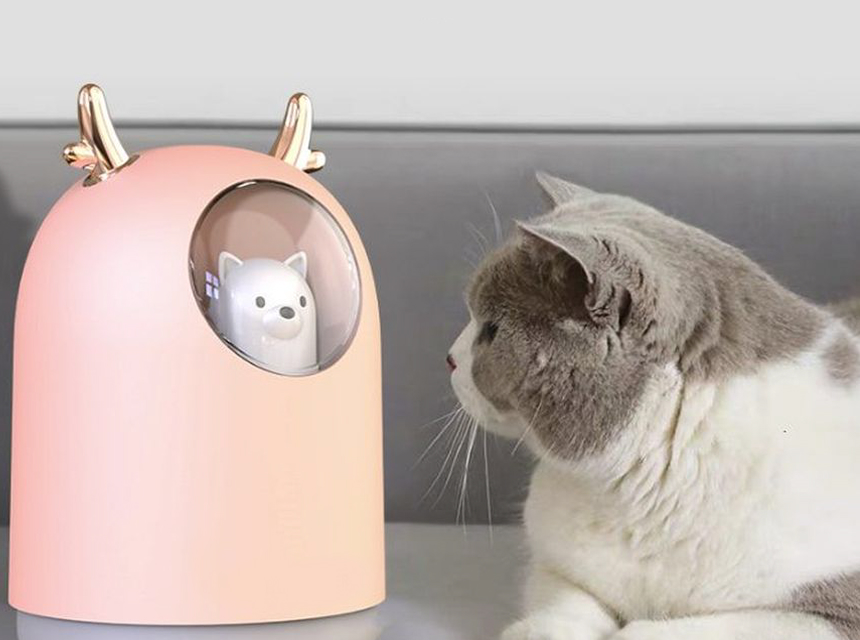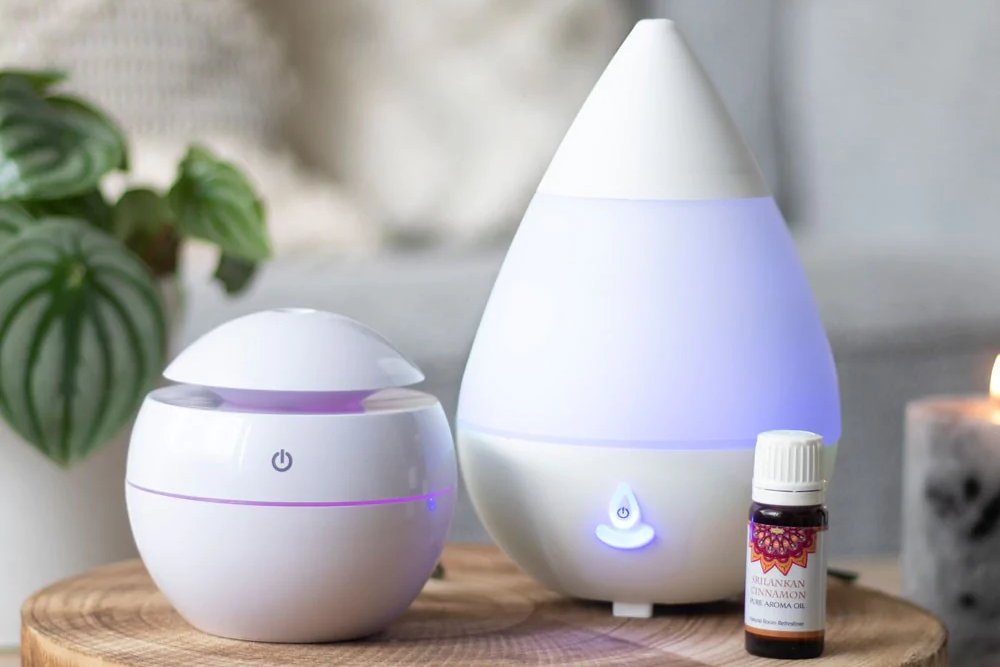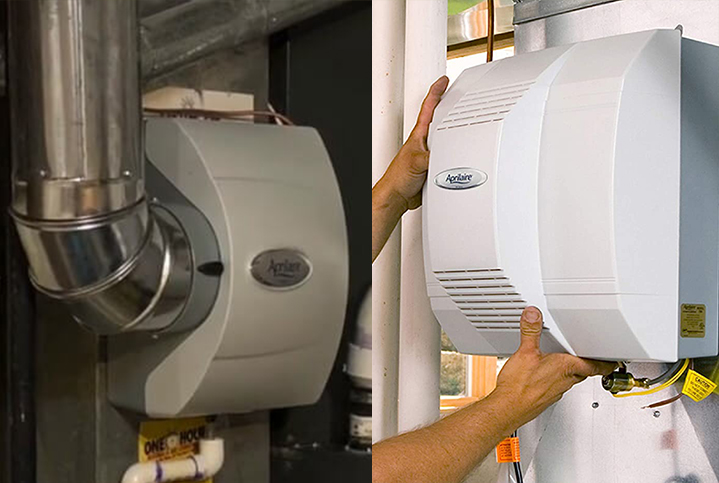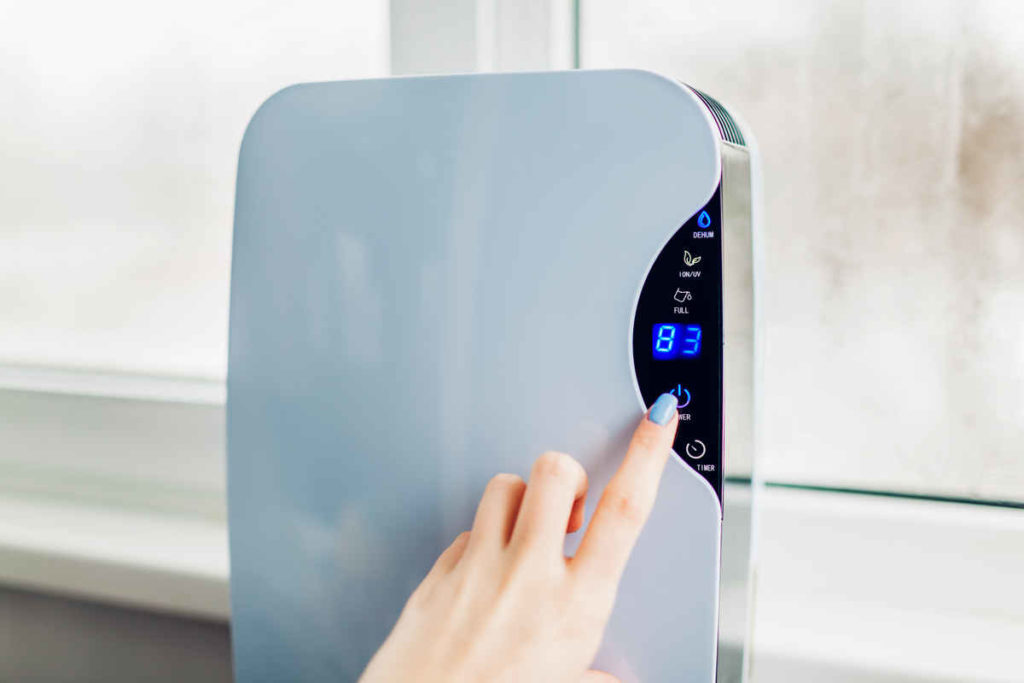

The modern stressful lives have allowed us little to no time for deep sleep. When your mind is burdened with worries, and you are physically tired but mentally awake, it can lead to serious health issues in the long run. You have to try to make the ambiance at home and even your work such that you can find peace. This is where both humidifier and diffusers come in.
Both are devices that are meant to correct the atmosphere in your space. They are quite different but work towards a similar purpose, and hence, they are often confused with each other.
The second confounding factor is that they even look a little similar. A layman often cannot differentiate one from the other. But read this, and you shall remain a layman no more. Humidifier vs. diffuser is not a dichotomy. Instead, it is a carefully planned and considered move to decide which of these devices would better suit your needs.
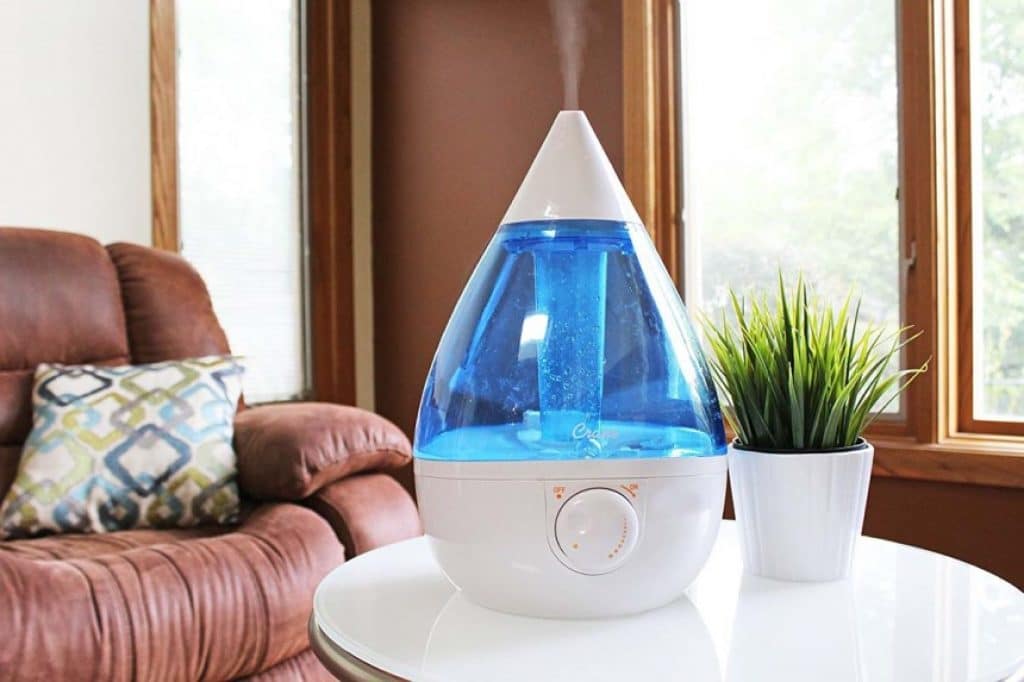
The humidifier works via an internal fan, belt, or even using ultrasonic waves to supply moisture into the atmosphere of your place. It can spout either warm mist or cool mist, depending on which one most fulfills the purpose of your environment.
A diffuser is that much-needed appliance that effuses essential oils into the room where it is placed, enabling you to inhale the fragrance and calm your agitated nerves. It is an essential device for those working the entire day in stressful situations and even for students who wish to focus on their studies but cannot center their minds. You get a conducive environment so you can concentrate on whatever task you have taken up for an extended period.
It lies in their purpose. The humidifier is suited to add humidity and moisture to your space while the diffuser effuses into your room the fragrance of essential oils. When you think about what you need for your home, differentiate between whether you need to combat dry weather and its consequences including cough, chapped lips, dry eyes and the like or just want to add a little charm to your room and make it calm and relaxing for your tired spirit.
However, the differences are not limited to just the one. Let’s take a look at both of them.
The difference starts right from the operating mechanism. Let’s first take the example of the humidifier.
A diffuser, on the other hand, breaks essential oils. It’s only then that you get the fragrance in the room.
Not to forget that a humidifier also produces quite a noise while working, except an ultrasonic cool-mist humidifier, while the diffuser does not.
The two might also look alike in their design but are far from similar in size and the quantity of the substance they can hold. A humidifier usually has a larger tank to hold a lot of water, which can be boiled. In contrast, the diffuser can only hold a small amount of the essential oil because let’s face it, even the oil is quite expensive and comes in pint-sized bottles. The diffuser might also use water at times to dilute the oil before spraying it, but it differs from one model to the other. Some diffusers may not require water at all.
That also explains why a diffuser costs more than a humidifier and is quite a lot to maintain. The essential oils are too expensive and add to the recurring costs of the device. It needs regular care and proper handling while a humidifier is cheaper and only requires some amount of cleaning at frequent intervals. The
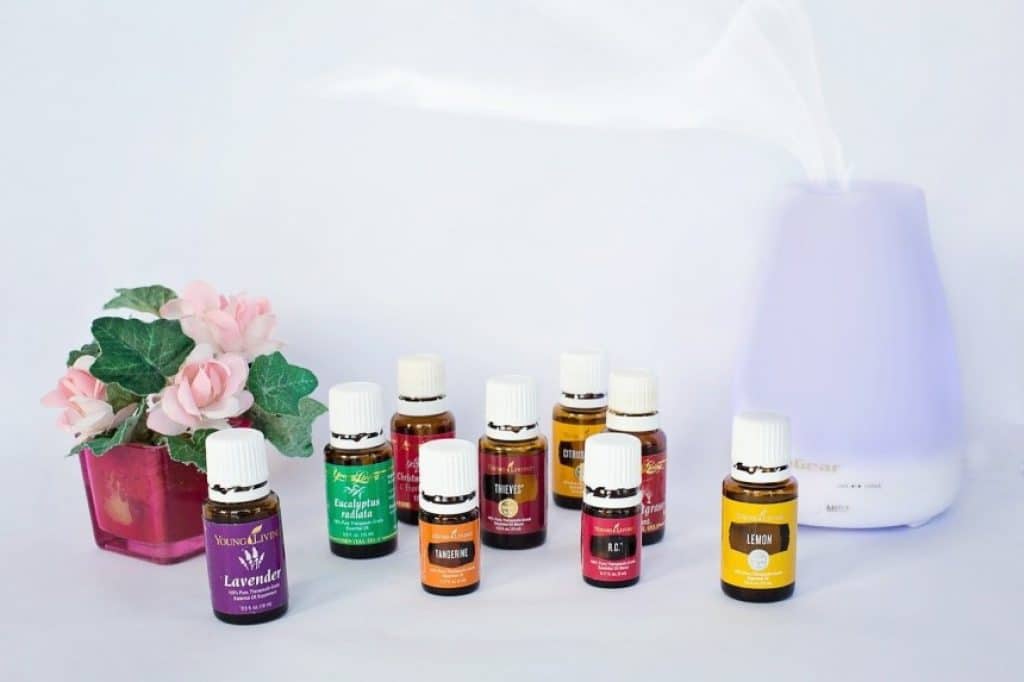
However, if you are suffering from nasal congestion, sinus infection, dry cough, or such health issues as can be a result of dry weather, think about buying a humidifier. It is the best gift you can give to your health.
The cool-mist humidifier sprays little droplets into the air to form your mist and rejuvenate the dryness surrounding you. The diffuser, on the other hand, only breaks the essential oils and sprays them, sometimes using water and sometimes not. The essential difference is that both do not spray steam, and you can take your pick during the summer months when you cannot bear the idea of steam.
While a humidifier is meant to alleviate the dry conditions that might be the underlying cause of bronchitis, cough, or a sinus infection, the diffuser is not especially effective in this regard. A humidifier can restore the temperature balance in the room and provide some relief to the patient.
The diffuser can also prove to be soothing when essential oils such as eucalyptus, peppermint, or tea tree are used, but this relief can be pretty localized in the little space that surrounds the patient. The effect may also not last a long time, and the smell may not be bearable for all. But, if the patient finds comfort in that smell, even a diffuser can be of great help.
 For allergies or asthma
For allergies or asthmaThe humidifier is a double-edged sword in the case of allergies or asthma. While it can provide relief to some extent during the dry weather, too much humidity produced by the appliance may also cause a lot of problems to patients of asthma and those prone to allergies. Mold or fungus growth because of excess moisture can exacerbate their symptoms instead of relieving them. Even with a diffuser, it is a precarious situation. Not every asthmatic patient may react negatively to the oil droplets formed in the diffuser, or every susceptible patient develops an allergy. Still, those who are frequently irritated by air-borne particles may develop further problems because of this. It would be safer to decide to use these appliances only when one is extremely sure of their immunity.
There are several precautions to be taken around infants, and humidifiers are amongst the last devices that should be placed unattended and switched on for long durations around them. Of course, humidifiers are beneficial. They can be very useful if the baby has been suffering because of dry air. However, too much humidity can also be dangerous to their health.
As for diffusers, it would be safe to say that they are incredibly great for developed minds that can sense. It’s easy to decipher the strong smells and even move away to counter them if the smells become too strong but are completely unsuitable for infants with no locomotor skills. Diffusers should not be brought near babies.
 In conclusion
In conclusionYou would often have debated about the purchase-humidifier vs. diffuser. Know their uses as well as the cautions that you have to take while using each of them.
They are handy devices, but each has its drawbacks, and you can only use them in certain places or situations. If you are planning on buying a humidifier, ensure it is always filled with clean water and do not let infants be near the steam or boiling water of the device.
Set the humidity at such a level that it does not create additional respiratory problems, and then you are all set to experience optimal weather conditions at your place.
If you plan on buying a diffuser, ensure you have a good budget and invest in a good one. The essential oils are also expensive, so keep that in mind before you go ahead with the purchase. Do not use them with infants and also keep them away from asthma patients away from them.
Apart from this, when used properly, these little devices can light up your soul and make you feel calm and serene when you return from a hard day’s labor. Let yourself enter this realm of fragrance and lose yourself to the therapeutic properties of the essential oils.
